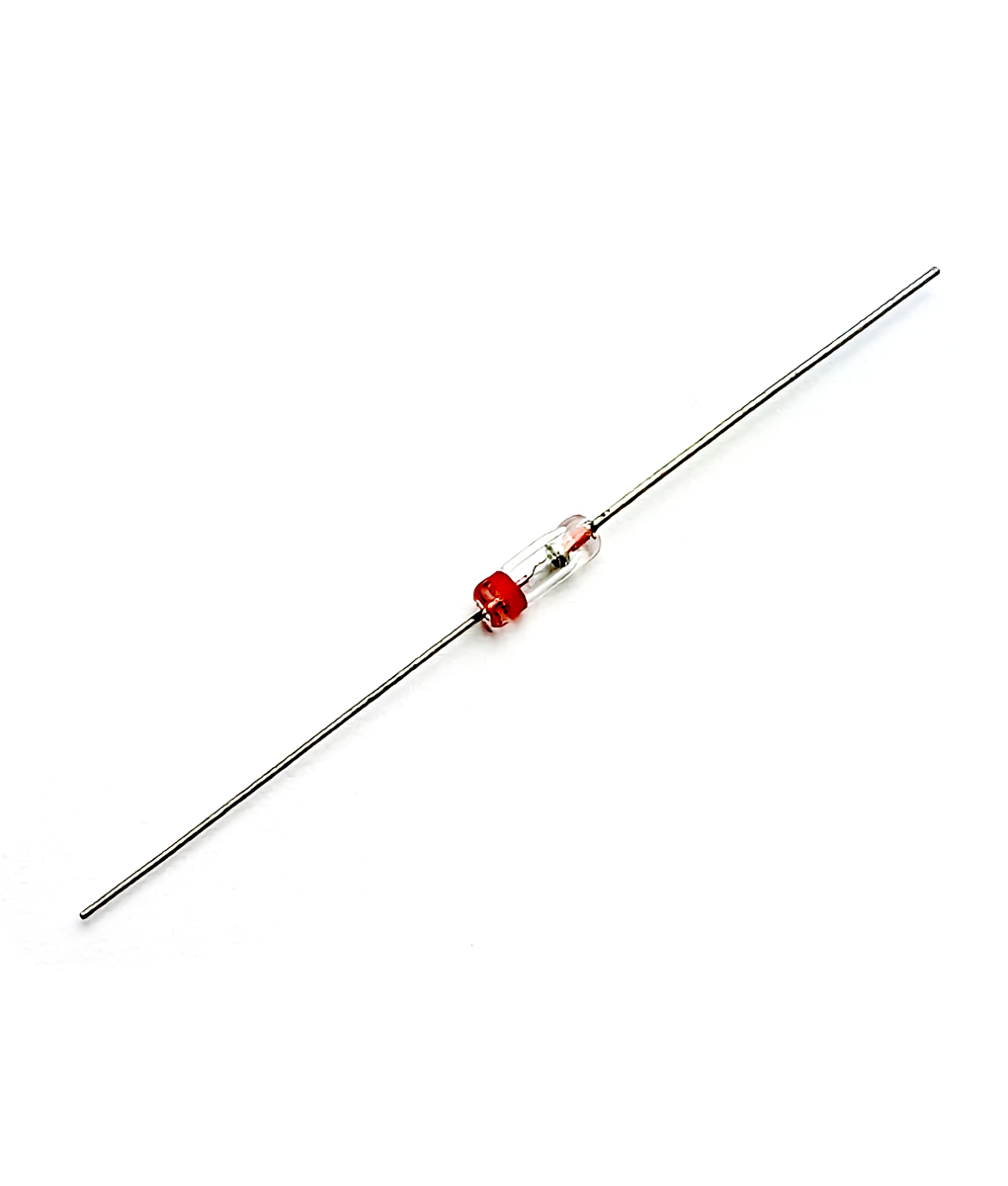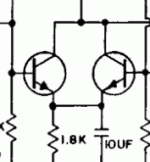paulbarrette
Active member
I am looking for germanium diodes for a foxx Tone Machine build. Pedal pcb has d9b

Are they ok for build?
Thanks
Pb

Are they ok for build?
Thanks
Pb




